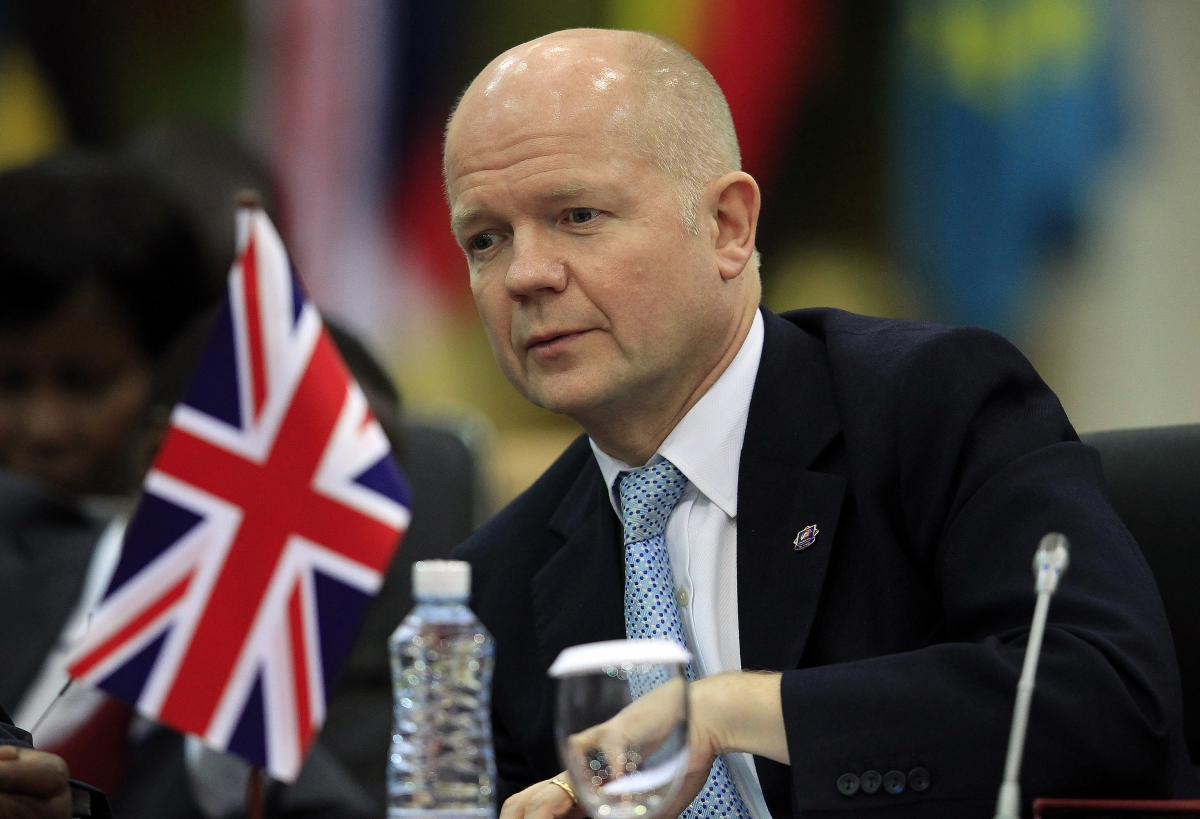It has been projected that by the year 2032, Africa’s aviation sector would be contributing $168.7 billion to the Continent’s GDP, owing to an increase in socio- economic activities.
Nigeria, the continent’s largest economy, is expected to benefit immensely from this, given its population of over 170 million people – the largest within the continent. This regularly provides a huge flow of air traffic and aviation activities, boosting travel and aviation revenue.
Africa’s aviation sector reportedly generated 428,000 jobs in 2012. Amongst this, 52 percent were workers in restaurants and shops at the airport, 6 percent were employed in the manufacturing of civil aircraft, 27 percent worked with airlines or handling agents, 11 percent listed as airport operator and 4 percent as air navigation service provider, local newspaper, ThisDay reported.
Travel and tourism has also contributed an additional 5.8 million jobs to this fledging sector.
African airports have witnessed a 7 percent growth rate in traffic from 2011 to 2012 and the sector is expected to grow at 5.1 percent annually. However, flying still remains relatively expensive in this part of the world, as high taxes and fees spike up air fares.
The two largest aviation markets in the region are Egypt’s and South Africa’s.



